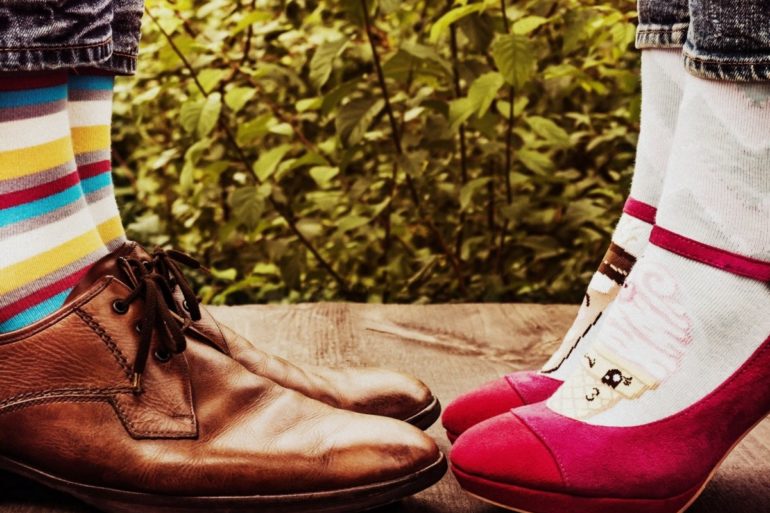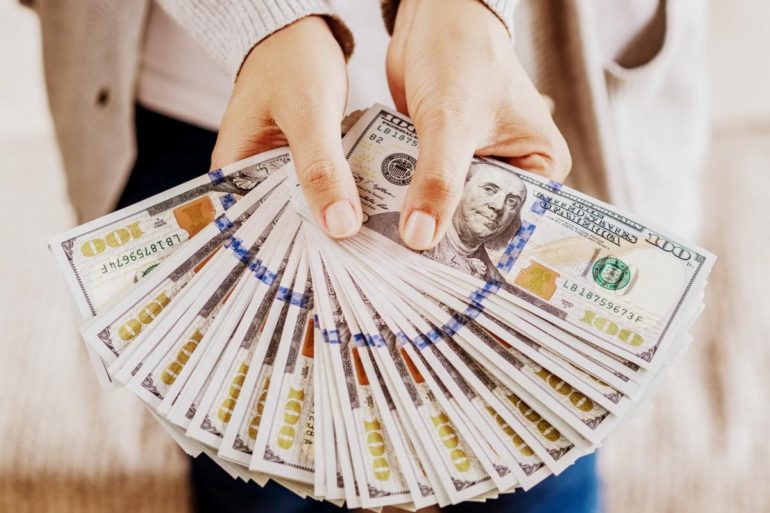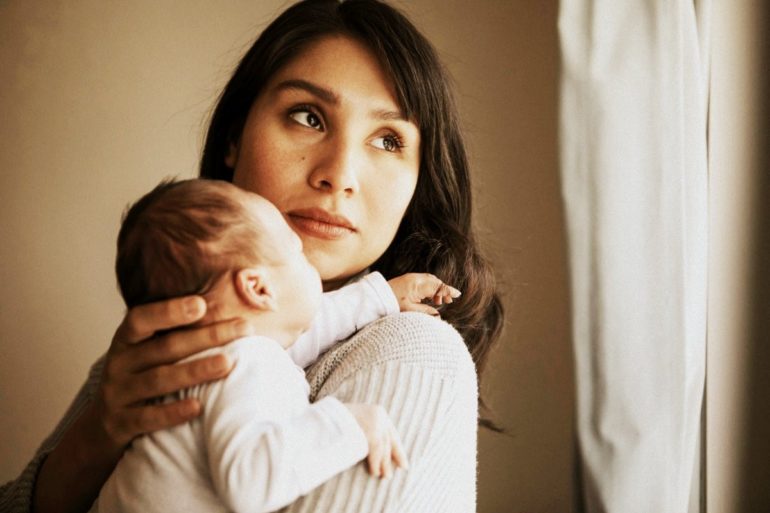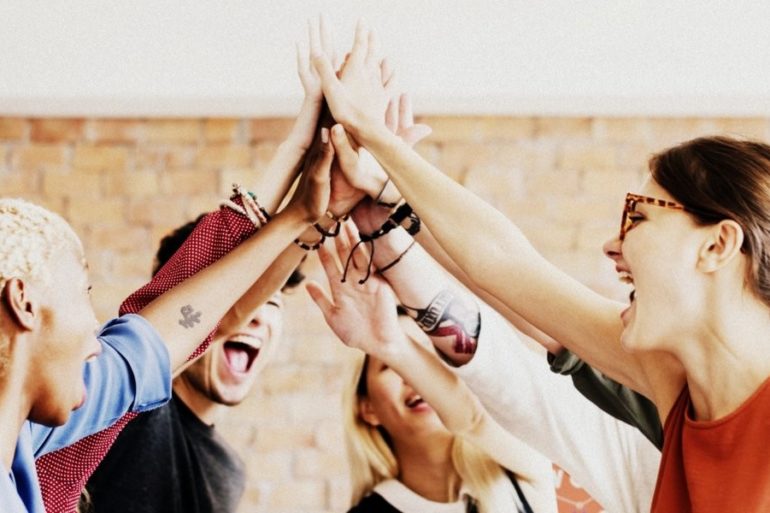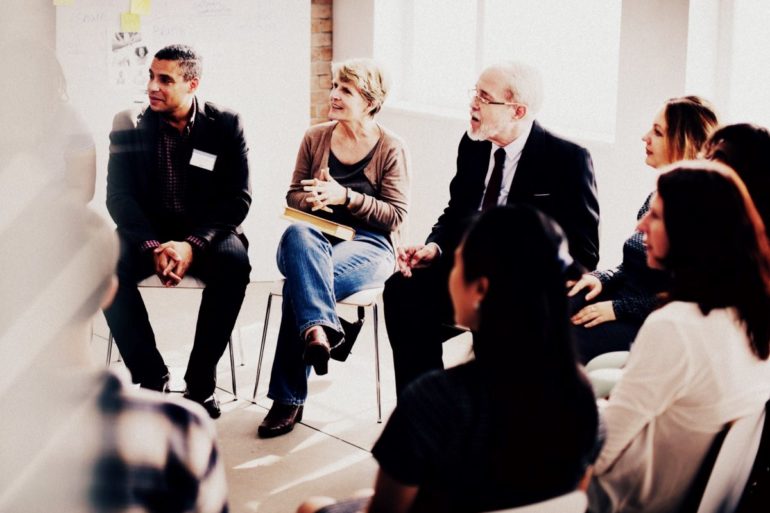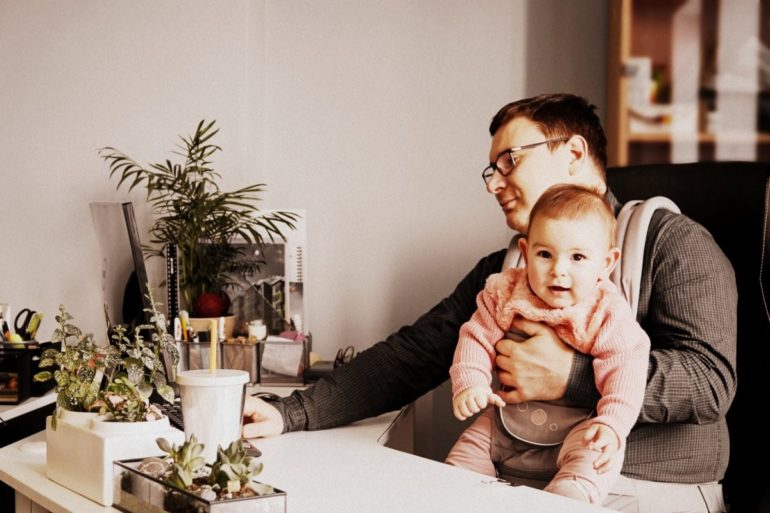Research led by a leading expert on the positive benefits of napping suggests that Rapid Eye Movement (REM) sleep enhances creative problem-solving.
When the task at hand requires some imagination, taking a walk may lead to more creative thinking than sitting.
We all know that getting a good night's sleep is good for our general health and well-being. But new research is highlighting a more surprising benefit of good sleep: more feelings of gratitude for relationships.
Computer scientists have shown how crowdfunding websites can use data science to boost cash value of donations. Their research confirms,...
It seems really simple: If you want to achieve something, set a goal and then make specific plans to implement it.
Trying to resist that late-night tweet or checking your work email again?
For centuries, scientists have studied how we go about the difficult task of choosing A or B, left or right, North or South - and how both instinct and intellect figure into the process.
Researchers had students think up solutions to problems while acting out various metaphors about creative thinking - and found that the instructions actually worked.
You win some, you lose some. Such are life's ups and downs.
While some psychologists still argue that people perform better when they do something because they want to, research suggests we shouldn't even make that distinction.
A study has found that you are more likely to perform well if you do not think too hard, and instead trust your instincts.
It's often said that women can have it all - motherhood and a career. But a study suggests that women who rule the household have less energy for or interest in being a rising star in the workplace.
Can money make us happy if we spend it on the right purchases?
Backpackers scored 50 percent better on a creativity test after spending four days in nature disconnected from electronic devices, according to a study by psychologists from the University of Utah and University of Kansas.
Happy individuals are predisposed to seek out and undertake new goals in life and this reinforces positive emotions, say researchers who examined the connections between desirable characteristics, life successes and well-being of over 275,000 people.
When people feel they’ve hit a roadblock in reaching a personal goal, such as losing weight, a change in perspective...
A team of researchers led by a Michigan State University neuroscientist has created a quick but reliable test that can measure...
It's not just in movies where nerds get their revenge.
When faced with a difficult decision, we try to come up with the best choice by carefully considering all of the options, maybe even resorting to lists and lots of sleepless nights.
Canada’s literary celebrities struggle to find a happy medium between glad-handing with their public and craving the solitude that the writing life affords them.
Some argue that happiness is not having what you want, but wanting what you have.
Most self-help books on the subject offer tips on how to maximize one’s bliss, but one study suggests that moderate happiness may be preferable to full-fledged elation.
Students, athletes and performing artists are often advised to imagine themselves performing successfully. But is that motivation influenced by what perspective they take when imagining their performance?
Why do "Aha!" moments sometimes come easily - and sometimes not at all?
A study finds that men are more likely to share their creative work online than women, despite the fact that women and men engage in creative activities at essentially equal rates.
Psychological scientists have found that the size of different parts of people's brains correspond to their personalities; for example, conscientious people tend to have a bigger lateral prefrontal cortex, a region of the brain involved in planning and controlling behavior.
Most of us experience ‘gut feelings’ we can’t explain, such as instantly loving -- or hating -- a new property when we’re house-hunting or the snap judgments we make on meeting new people.
Contrary to popular belief, the people who become truly famous, stay famous for decades.
In the not-too-distant past, young people aspired to become lawyers and doctors. Now they yearn to achieve the celebrity of a Mark Zuckerberg or Oprah Winfrey -- and these goals extend to adults as well.
But after studying common roadblocks to problem-solving, a cognitive psychology researcher has developed a toolkit for enhancing anyone's skills.


